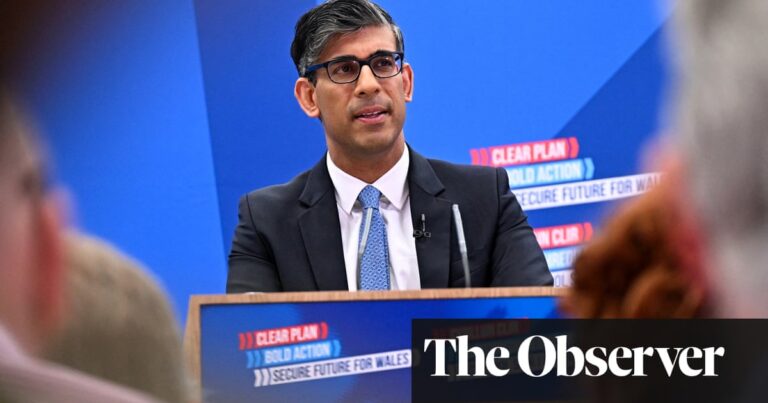TThe flurry of betting on election day, before Rishi Sunak announced his intention to run for general election, has shone a rare spotlight on a niche sector of the gambling world. Guardian about a bet made by one of Mr Sunak’s political advisers, Craig Williams.
With three other people close to the Prime Minister also under investigation by the Gambling Commission, things are snowballing for the Conservative Party. But how does political gambling work, how popular is it and how can you use inside information to beat the bookmakers?
Is political gambling big business?
It’s small in the context of the UK gambling industry as a whole, but it grows when big events happen: last year £25 billion was bet on sports alone. Political betting is so much smaller that the Gambling Commission doesn’t even publish figures for it. But it’s growing fast: in 1997 bookmakers estimated that up to £10 million could be wagered on a general election. One political betting expert, who asked not to be named, said UK elections would now be worth several times that amount, “tens of millions”.
Sports betting remains by far the biggest cash cow, but individual events that attract global attention can be huge business: the 2020 presidential election was one of the top 10 betting events in world history, with a market size of £1.7 billion on the Betfair exchange alone.
What can you bet on?
Bookmakers are capitalizing on punters’ growing appetite for political betting. Several major bookmakers offer markets on the outcomes of all 650 constituencies contested in the general election, as well as political events around the world. Betfair offers markets on everything from the impeachment of President Joe Biden to the outcome of Australia’s Northern Territory election.
“Political gambling is pretty nerdy and fun, and people who get into it can get really addicted,” said Neil Channing, a professional gambler and co-host of the political gambling podcast “Bet the House,” whose most recent episode was titled “Selling Jeremy Hunt.”
Bets can be even more niche, on specialist sites like Smarkets. The exchange offered markets on which country will be next to leave the EU, whether the UK will hold a referendum on the monarchy before 2024 and when, rather than if, GB News will stop broadcasting.
Can betting odds predict politics?
To an extent, yes. Polls measure who people want to win, but changes in the betting markets show who people actually think will win. And there is a certain logic to the wisdom of crowds.
But bookmakers can also be hugely wrong. In the 2016 US presidential election, Paddy Power Betfair was so sure that Hillary Clinton would win that it paid out £800,000 before the result was known. Donald Trump’s victory cost the company a total loss of £5 million.
Bettors also make costly errors of judgement: in 2017, a 24-year-old university graduate from Norwich bet £10,000 that Jeremy Corbyn would lead the Labour Party to victory in the general election. He stood to win £182,000 but lost it all.
At times, the bets can seem like part of the stunt.
One pundit recalled the flurry of betting on the London Mayoral candidate, whose chances of winning were zero. Thousands and thousands were poured into him, lowering the odds to 5/1. “It was probably a publicity stunt. It was just a gift, free money, to all the serious gamblers who could afford it.” [take the other end of] “This stupid bet on Betfair,” they said.
Does political gambling lead to corruption?
Betting is fundamentally about information asymmetry: the very few people who benefit from betting, and of course the bookmakers themselves, benefit because they know more than the rest of the market.
But there’s a difference between having more information and knowing the outcome of an event.
It is possible that a small number of people knew about the date of the general election in advance and used that information to place bets. In theory, this could amount to a criminal offence of cheating under the Gambling Act 2005. The Gambling Commission has the power to prosecute suspects, but prosecutions have been rare. Since its establishment in 2005, the Commission has prosecuted one case of cheating, of a man who drugged dogs to fix greyhound races.
What is the role of the bookmaker?
Bookmakers hate to lose. Most screen customers they know are involved in sports, from stablemen to racehorse owners to professional footballers. The big bookmakers also have lists of important politicians (peps) whose betting activity can be automatically flagged. Some even have full-time political “traders” who calculate odds on political events and monitor betting.
If a bookmaker suspects fraud, under the terms of their UK licence they must pass that information on to the Gambling Commission, which in recent years has fined operators for failing to properly police pep gamblers.

